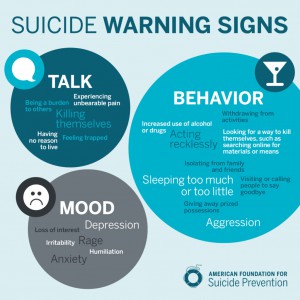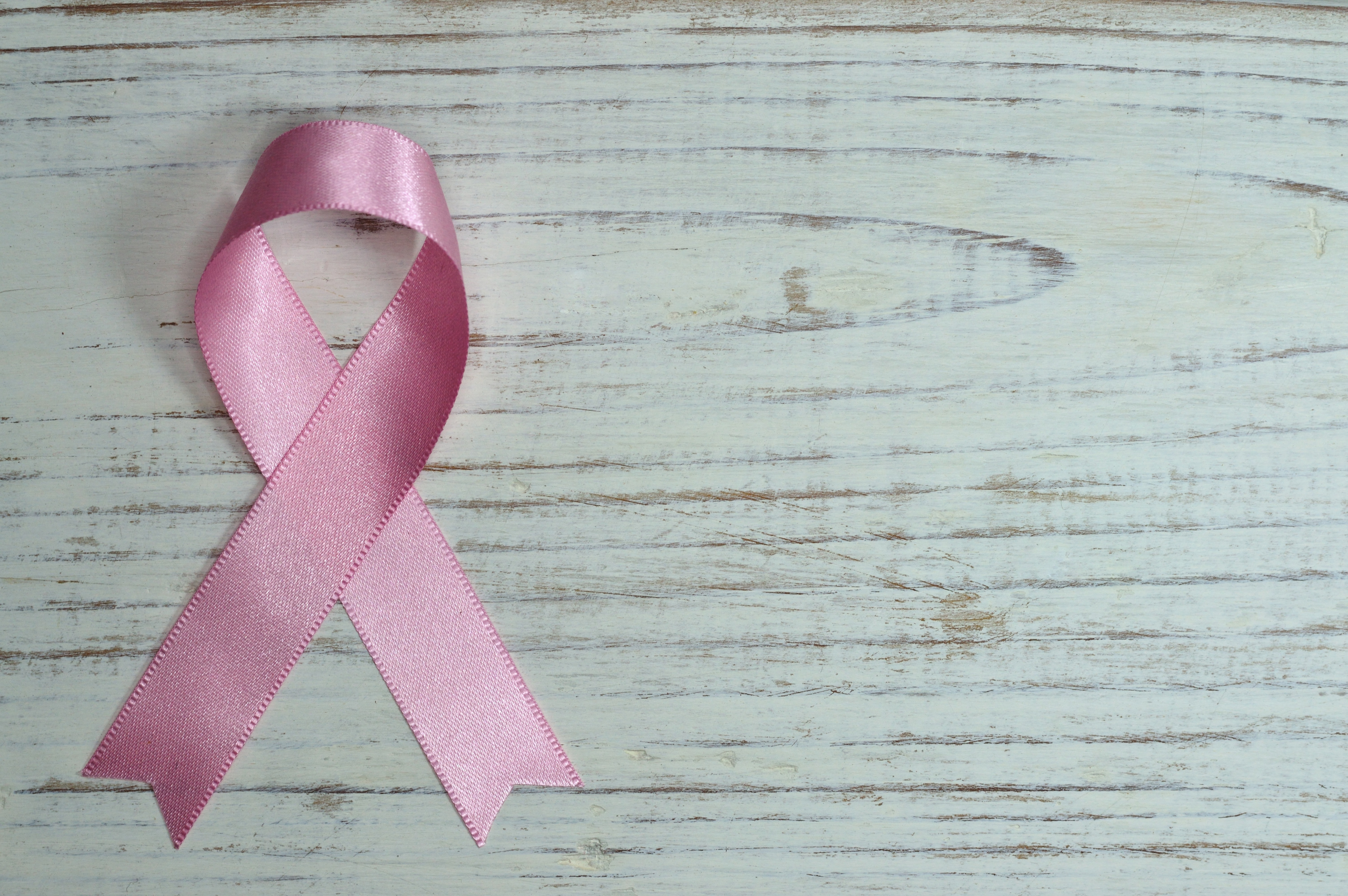Last Updated on February 6, 2020
Suicide is a leading cause of death in the United States. Each year over 41,000 people in America kill themselves—a rate that has increased 30% since 1999. Mental health conditions are often seen as the cause of suicide, but 54% of those who commit suicide do not have a known mental illness. Suicide is rarely caused by a single factor, and are also affected by personal relationships, substance use, physical health, and stress from jobs, money, legal issues, and/or housing. In addition to September being Suicide Prevention Month, the week surrounding World Suicide Prevention Day is National Suicide Prevention Week. Awareness is important to end the stigma of suicidal feelings and help more people access life-saving help in dark times.
Anyone can have suicidal thoughts, but it is important to know they are not permanent. Having suicidal thoughts is not a sign of weakness or failure, but is a symptom of profound distress. Suicidal thoughts and behaviors can be very damaging and dangerous, and should be considered a psychiatric emergency. Other than mental illness, there are a number of risk factors for suicide:
-
A family history of suicide
-
Substance abuse—using drugs and alcohol results in mental/emotional highs and lows that can exacerbate suicidal thoughts
-
Intoxication—more than a third of people who die from suicide are under the influence at the time
-
Access to firearms
-
A serious or chronic medical illness
-
A history of trauma or abuse
-
Prolonged stress
-
Isolation
-
A recent tragedy or loss
-
Agitation and sleep deprivation
Certain populations can be more at risk than others. Women are more likely to attempt suicide, but men are four times more likely to die from it. Correlations have also been made according to age; people under 24 or above 65 are at a higher risk for suicide. LGBT people are at a higher risk for attempting suicide than heterosexual/cisgender individuals, especially among those who experience rejection from their families.
There are warning signs to watch for if you are afraid someone you know may be having suicidal thoughts:
-

Infographic from American Foundation for Suicide Prevention Suicidal ideation—threats or comments about killing themselves that may appear harmless but can become overt and dangerous
-
Increased alcohol or drug use
-
Aggressive behavior and/or dramatic mood swings
-
Social withdrawal from friends, family, and community
-
Talking, writing, or thinking about death
-
Impulsive or reckless behaviors
The more serious signs include:
-
Putting affairs in order
-
Giving away meaningful possessions
-
Saying goodbye to friends and family
-
Mood shifts from despair to calm
-
Planning, possibly by looking around to buy, steal, or borrow the tools they need to complete suicide, such as a firearm or prescription medication
If you know someone who might be thinking about suicide, you can help by offering to listen. Listening to someone can show that they are cared for, give them a greater feeling of control, and help them feel connected to another person. It is important to remain calm and vigilant of their feelings.
After listening for a while, ask the person if they have thought about suicide. Asking can be scary and difficult, but the answer will give more information than watching for warning signs. If they answer “No,” keep listening; don’t tell them you are glad or relieved, as they may be less likely to be honest if their answer changes. If their answer is “Yes,” it is important to stay calm and not show signs of fear or anger; keep listening, let them know you care, and ask questions about any further thoughts or plans to commit suicide. Get the person help, even if they have not agreed to it. Telling a professional about your concerns can save their life.
NeedyMeds has information for over 5,000 free, low-cost, or sliding-scale clinics throughout the country that offer counseling or mental health services for those in need. Search your ZIP Code for mental health clinics near you, or call our toll-free helpline for information at 1-800-503-6897 (open Monday through Friday, 9am to 5pm ET).
We encourage everyone to educate themselves, strive to understand the difficulties people around us live with, and to replace stigma with hope and support. If you or someone you know is thinking about suicide, it is important to know that no one is alone in their struggle. Call for assistance, whether help is needed immediately or long-term.
National Suicide Prevention Lifeline: 1-800-273-TALK (8255)
NeedyMeds Toll-Free Helpline: 1-800-503-6897





